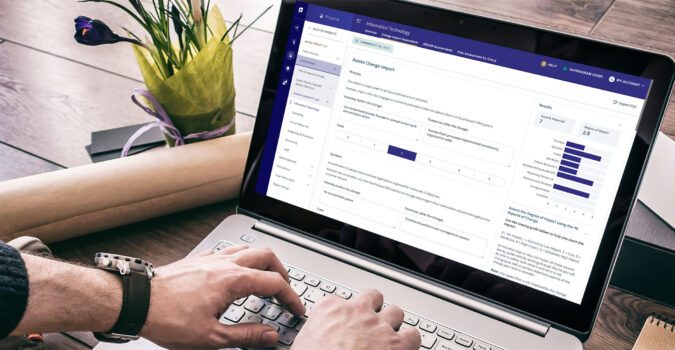When to start on your idea?
Now. Today. Tonight!
Don’t wait to start on your idea. You might say to yourself, well then I need to start building now and don’t have the time/money so I can’t proceed. While this might be true in some cases, for most, there is so much great and important work that can be done before you ever invest significant resources. Rather than worry about what you don’t have, now is the time to get started with the resources you do have. Let’s discuss how.
What is your idea?
If you had a captive audience for just 2 minutes, what would you tell them about your idea? This exercise is meant to help you refine your idea to its key points. While you may have a long list of features for your product, you need to distill these down into their most elemental form. These key points are what a person who hears your idea for the first time needs to remember. After a couple rounds of going through this process, you’ll arrive on your core idea.
Who are your customers?
Once you’ve fine-tuned your idea, now it’s time to discuss your customers. Who are they? How do you find them? These questions sometime get lost in the shuffle of a new idea but are so critical. To discover who your customers are, think in terms of who will use the product and who feels the benefits of your products. Also, a customer might not even directly use your product, but they have a strong effect on your users. Consider an idea for building “Facebook” just for college students. There are the customers that create profiles and share, customers that purchase ads and universities that provide access to the students/customers to sign up. In this scenario, the ad purchasers are your customers that are your main revenue source. However, no one will buy ads if you can’t get universities to join and open up your user base to additional students. Keep in your mind all of these customers and how they interact. Many times you need all these customer groups on board for an idea to succeed.
Once you’ve identified these customers, it’s time to find them and talk to them. Reach out to your personal network to find “experts” or typical users in each of the customer groups you’ve identified. Take the first group of customers you’ve met or talked with and see if they know more people that would be good to meet. Doing this a couple of times will give you a good picture of your customer base and who your users are.
What is the unique value you are offering that no one else is?
After crafting the core message behind your idea and meeting with potential customers, hopefully a clear value proposition has come to light. Your value proposition is not just what your idea is, but rather what unique value it provides to customers that no one else offers right now. When someone hears about your idea, what about it makes them pumped to tell others? Don’t feel that this value proposition is set in stone; it’s the first version of many to come. As you move along in the idea lifecycle, your idea and value will evolve in accordance with customer feedback and knowledge gained from building out the idea.
How do you build a simple prototype?
With your value proposition in hand, it’s time to think about building a simple prototype to test things out. What is the simplest way to test your value proposition to discover what are the best ways to implement your idea? If your idea’s value proposition is to improve communication between job seekers and companies, what can you do at a minimum to test this? For example, can you act as the intermediary between both parties to manually improve communication before you build an expensive automated tool to do the same? If you can come up with a clever way to test your idea “manually” or with minimal technical capabilities, you’ll learn so much valuable knowledge: how to most effectively automate your work and find the best workflow.
The point of starting small is not to second guess the validity of your idea. It is an opportunity to explore the in’s and out’s of your idea’s implementation. Through this exploration you’ll have the confidence to execute on your idea when you have the full resources to build. This confidence is based on experience from what you’ve learned from your customers and your own experiences “manually” implementing your idea.
We know this is a lot to take in and that’s why we’re here to help. We can help on any piece of this puzzle from the idea stage to customer research to building out your simple or fully-featured product. Everyone has different capabilities and requirements and that’s why we’re here. Come talk to us.



